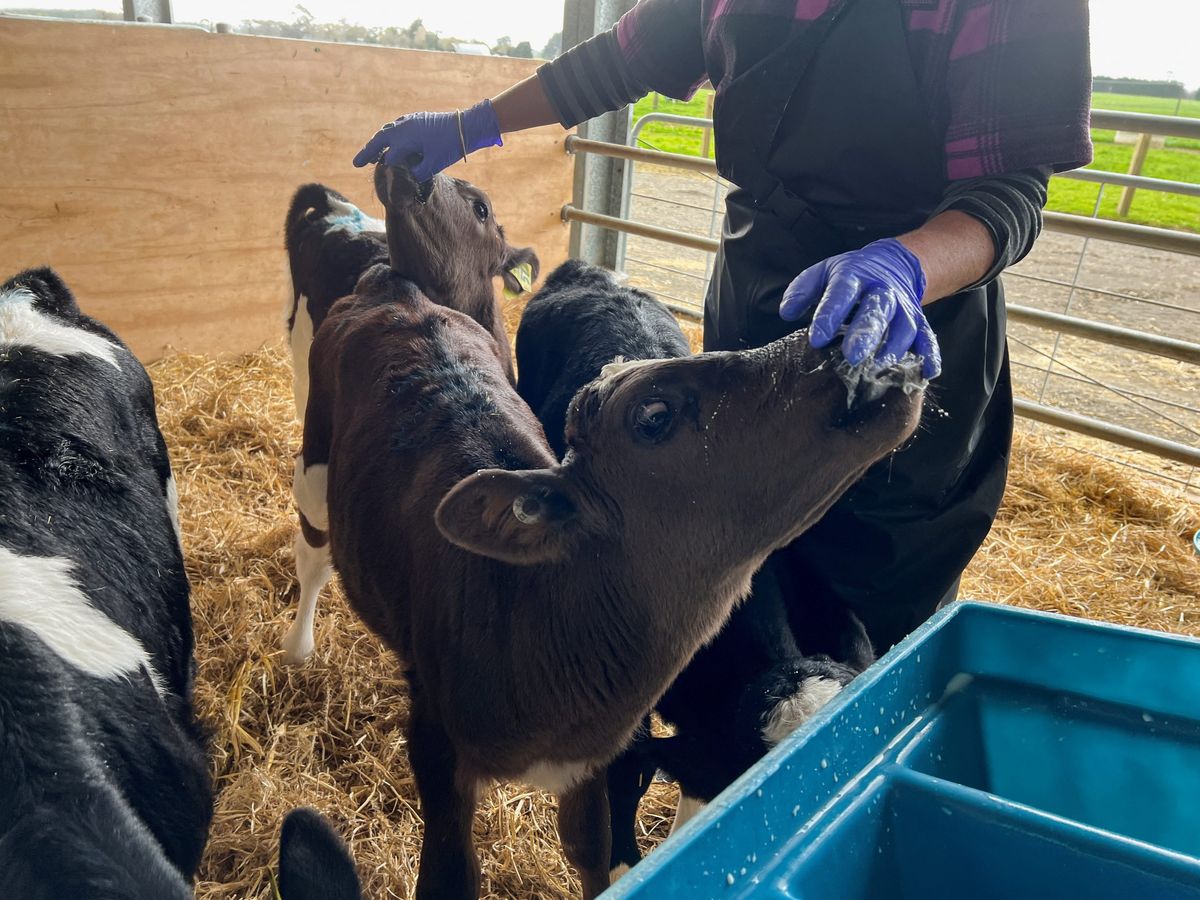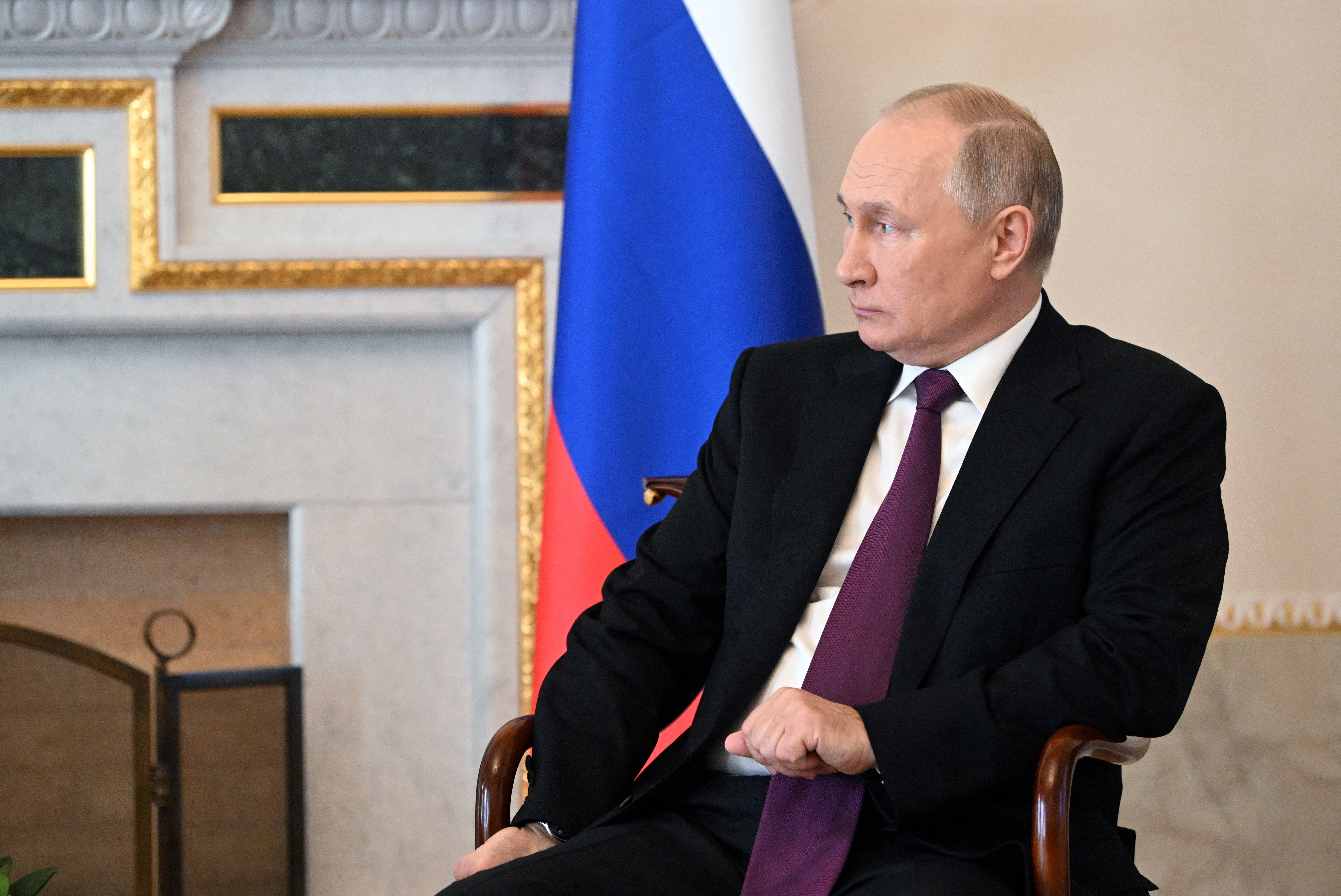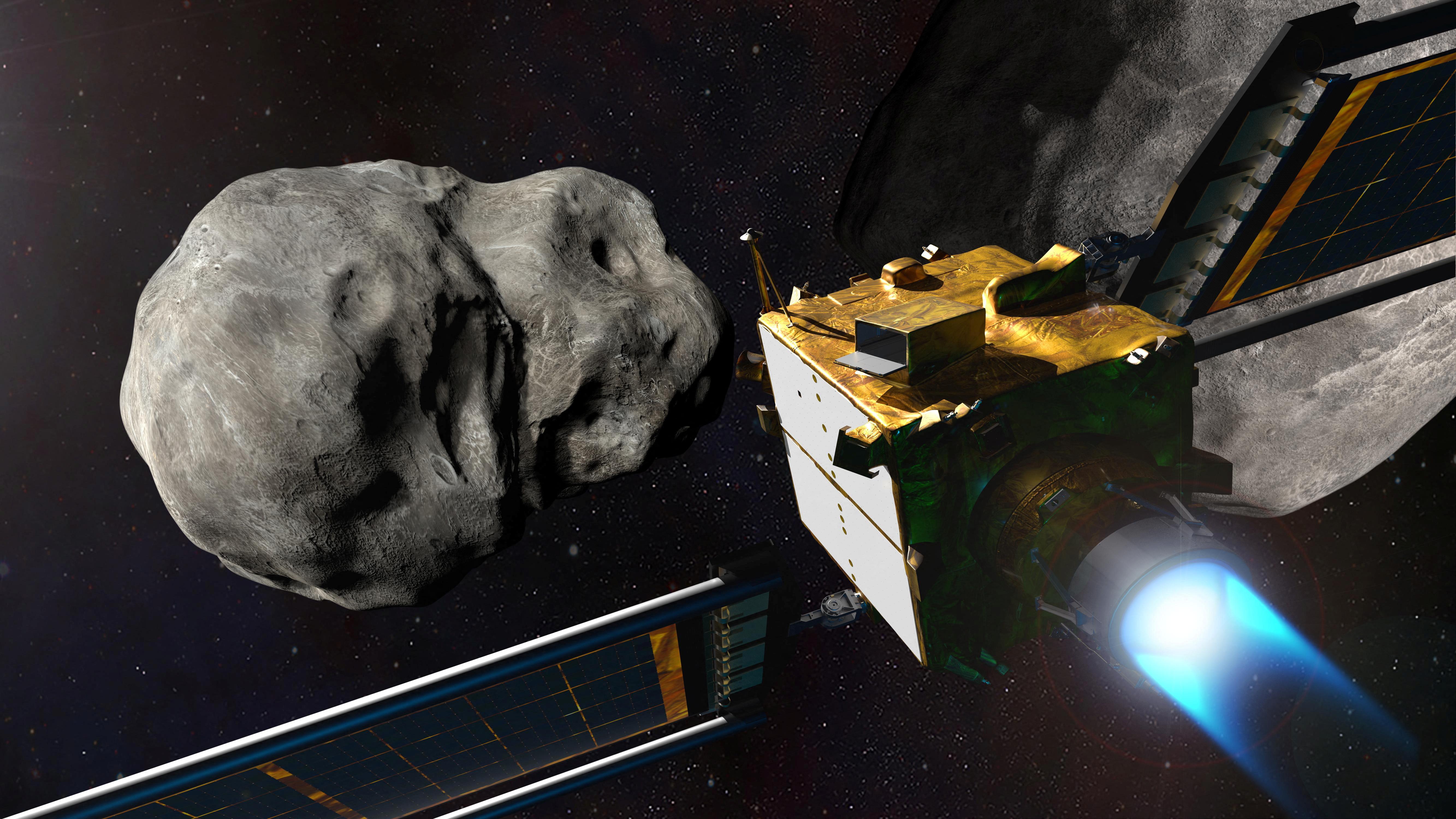From New Zealand taxing cow burps to one gigantic gourd – Here’s your October 12 news briefing

A few minutes every morning is all you need.
Stay up to date on the world's Headlines and Human Stories. It's fun, it's factual, it's fluff-free.
To start off, we’re looking into:
New Zealand will tax cow burps?
Experts say we need to keep global warming from rising an additional 1.5 degrees Celsius (about 3 degrees Fahrenheit) to avoid the worst of climate change. Recently, New Zealand has stepped up to the plate by pledging to cut methane emissions 10% by 2030 as part of a plan to be net zero by 2050.
But how does New Zealand plan to make this cut? With a farm levy, the first of its kind in the world. This basically means the government will tax greenhouse gasses coming from things like cow and sheep burps. Prime Minister Jacinda Ardern announced this plan on Tuesday, and she also said that farmers who adopt climate-friendly practices would get incentive payments. The government has said farmers could make up for levy costs by charging more for climate-friendly products. But, farmers aren’t too happy with this idea, and they say that this proposal would set back small-town New Zealand and affect food production.
Russia and UAE meet for a chat

Last week, OPEC+, a group of oil producers including the UAE and Russia, agreed to cut oil production by two million barrels a day. This is its biggest cut since 2020, and the US is totally against the move. Apart from both being OPEC+ members, the UAE and Russia have friendly relations with common economic interests and a strategic partnership. And the UAE has refused to join in Western sanctions against Russia after the invasion of Ukraine.
On Tuesday, UAE President Sheikh Mohamed bin Zayed al-Nahyan (known as MBZ) traveled to Russia to sit down with President Putin. During the meeting, Putin mentioned the oil cuts, praising them as a way to help the global energy market. He also said that the UAE could play a role in resolving the war with Ukraine. MBZ says they spoke on “the importance of engaging in dialogue to reduce tensions and arrive at a diplomatic solution.”
The DART mission worked

A couple of weeks ago, NASA smashed a spacecraft into an asteroid. In fairness, they were aiming for it and trying to figure out how much they’d be able to divert an asteroid if it were headed towards Earth. (And hopefully, we can all agree that avoiding asteroid strikes on Earth is a good plan.)
Well, good news – the mission was a smashing success! After flying a refrigerator-sized spacecraft into the space rock, it altered the asteroid’s course 25 times more than NASA wanted to call the mission a win. And the asteroid wasn’t small either – it’s more than 160 meters long, somewhere between the Statue of Liberty and the Eiffel Tower in height.
Scientists say this is good news, but it isn’t enough to rest on our laurels about future asteroids. See, they come in all sorts of shapes and sizes and different materials. But, even if we can’t generalize these results, they say it’s a good starting point for understanding how we can better defend the Earth.
To end, we’ll look into:
Is Meta’s new VR headset leading the way?

Meta just launched its newest VR headset, and boy, is it snazzy. It has a better resolution screen, meaning it’s easier to read text and see small images. It has cameras that detect where your eyes are looking, so VR chats feel a little more natural. And you can use it like a mixed-reality headset to interact with virtual objects and the real world.
Oh, and it’s also US$1,500. So unless you’re ready to pony up for it, the Meta Quest Pro probably isn’t for you.
This is a problem, and it’s essentially one that Meta created for itself. See, since Facebook’s rebranding to Meta last year, it’s pivoted a lot of energy (and money) into fleshing out the VR space. But, it’s been focusing mainly on the social aspect, where people can have virtual conversations with each other’s avatars. And Meta’s version of this kind of VR social network called Horizon Worlds went on “quality lockdown” because it was so buggy that no one could use it.
But, some experts say that trying to change the social realm isn’t the way to break in the new tech. “Personally, I would have bet on trying to do [an] entertainment valuable destination [like a game] first and expanding from there,” said John Carmack, Meta’s former Chief Technology Officer who was in charge of VR. “[Games like] Minecraft and Fortnite that have 100 million plus users, I still think that that’s the right way to go to build the metaverse,” he said.
Carmack has a point – it’s pretty hard to get excited about even more virtual meetings, even if they’re marginally better than the average Zoom meeting. Instead, it’s a lot more fun playing video games to get used to how the headsets and the software work, and then the more boring functions can come in later.
But, another big threat to Meta’s move into VR is TikTok’s parent company ByteDance and its Pico Interactive unit, which is a direct competitor to the Quest line. Although it’s not available in the US yet, it’s already being sold in Asia and Europe and will likely end up in the US market sooner than later. If the massive success of TikTok is any indication – Meta will have to step up its game to stay relevant in the VR landscape.
In other news …
📉Stocks: MSCI’s global gauge of stocks is down 0.81% to 2,376.29.
📰Some specifics:
- S&P 500 is down 0.65%, hitting 3,588.84.
- Nasdaq Composite went down 1.10% to 10,426.19.
- Dow Jones jumped up 0.12% to 29,239.19.
- Hang Seng Index dropped 2.23% to 16,832.36.
🧠Some quick factors to bear in mind:
- Investors are anxiously awaiting key inflation data that will be released later this week. This data will give the Fed updated info on how the economy is doing, informing interest rates (and potential hikes) in the future.
- This week also kicks off earnings season in the US, and investors are worried this season will push stocks even lower.
- Global markets were rattled when the Bank of England announced it would only keep supporting the bond market for three more days. US investors are also worried that the instability of UK markets might affect Wall Street.
- In China, there are increasing worries that a rise in COVID infections in Shanghai and other cities has resulted in closing schools and entertainment venues, negatively affecting the national economy.
- Ongoing tensions with the US and low holiday-spending data over Golden Week are fueling concerns about national economic recovery. And, any hopes of lifting COVID regulations were dashed after Chinese state media endorsed the zero-COVID stance ahead of the CCP congress next week.
👄Some comments and chatter:
- “This is an awful stock market environment that is grappling with a weakening economy, uncertainty over earnings and how long the Fed’s tightening will last, and sentiment issues with an extremely risk averse investor psychology,” said David Bahnsen, chief investment officer of The Bahnsen Group, in a Tuesday note.
- “A slew of weak macro-economic data that China has released shows that there is very limited room for an economic rebound in the short term, which is hard to provide support for earnings and market confidence,” said Shen Meng, a director at investment bank Chanson & Co in Beijing.
🛢Oil: Oil prices are continuing to decline as recession fears and COVID-19 cases in China are causing concern over global demand. US crude went down 1.95% to US$89.35 per barrel, and Brent hit US$94.29, down 1.98%.
👛Bitcoin: Bitcoin dropped 0.57% to US$19,019.30 at the time of writing.
🤝Israel and Lebanon reach an agreement: After dealing with a border dispute in the Mediterranean for years, Lebanon and Israel have finally come to an agreement. The US helped them agree to split the disputed area of major oil and gas fields between them. The two nations are still technically at war, though.
❓US-Saudi Arabia relationship woes: After OPEC+’s production cuts, Biden has decided it’s time for the US to re-evaluate its ties to Saudi Arabia. He’s open to a few different measures, including stopping arms sales and security cooperation.
🌀Hurricane Julia’s destructive path: Hurricane Julia has rampaged through Central America, leaving 28 people dead so far. Guatemala, El Salvador and Nicaragua were heavily affected, especially by flooding due to downpours.
📢Iran’s oil workers join protests: As Iranian protests continue, the energy sector is also being affected. Now, oil refinery and petrochemical workers are joining, even carrying out political strikes.
❌Putin vs Meta: Facebook parent company Meta is now on Putin’s shit list. Russia added it to a list of extremist and terrorist organizations. So now, Meta services like Instagram and WhatsApp will likely be cut off throughout the country.
👁🗨UK spy chief warns on China tech: UK intelligence chief Jeremy Fleming is concerned about Chinese tech. At a defense think tank in the UK on Tuesday, Fleming warned that China’s pursuit of a centralized digital currency could allow it to avoid sanctions, and its BeiDou satellite system could be used to monitor its citizens and block access to space for competitors.
🚗Nissan to exit the Russian market: Nissan just joined Toyota in halting Russian production/manufacturing. This move is expected to cost them about US$687 million. Mitsubishi is also considering an exit from Russia.
👦Russian billionaire renounces citizenship: Israeli-Russian billionaire Yuri Milner said on Monday that he’s renouncing his Russian citizenship. He and his family left the country in 2014 after the annexation of Crimea. Milner is now an Israeli citizen, making most of his fortune by investing in Chinese tech companies.
💼Japan reopens to tourism: Japan has opened to foreign visitors this week after more than two years of pandemic isolation. From Tuesday, Japan will allow visa-free travel from dozens of countries. The government hopes this move will help boost the Japanese economy.
🤰Singapore Airlines reverses pregnancy policy: Singapore Airlines has had a long-standing rule that pregnant employees would be placed on leave without pay and forced to quit after submitting their child’s birth certificate. This was controversial and has now been reversed. Now pregnant cabin crew can remain employees on the ground and resume flying duties after maternity leave.
🎃Record-setting pumpkin: A new US record for the heaviest pumpkin has been set! A teacher from Minnesota won an annual pumpkin-weighing contest in Northern California for his giant 2,560-pound pumpkin. Maybe soon, it’ll set the record for the biggest jack-o-lantern.

Written and put together by Jake Shropshire, Vanessa Wolosz, Christine Dulion and Krystal Lai




Comments ()